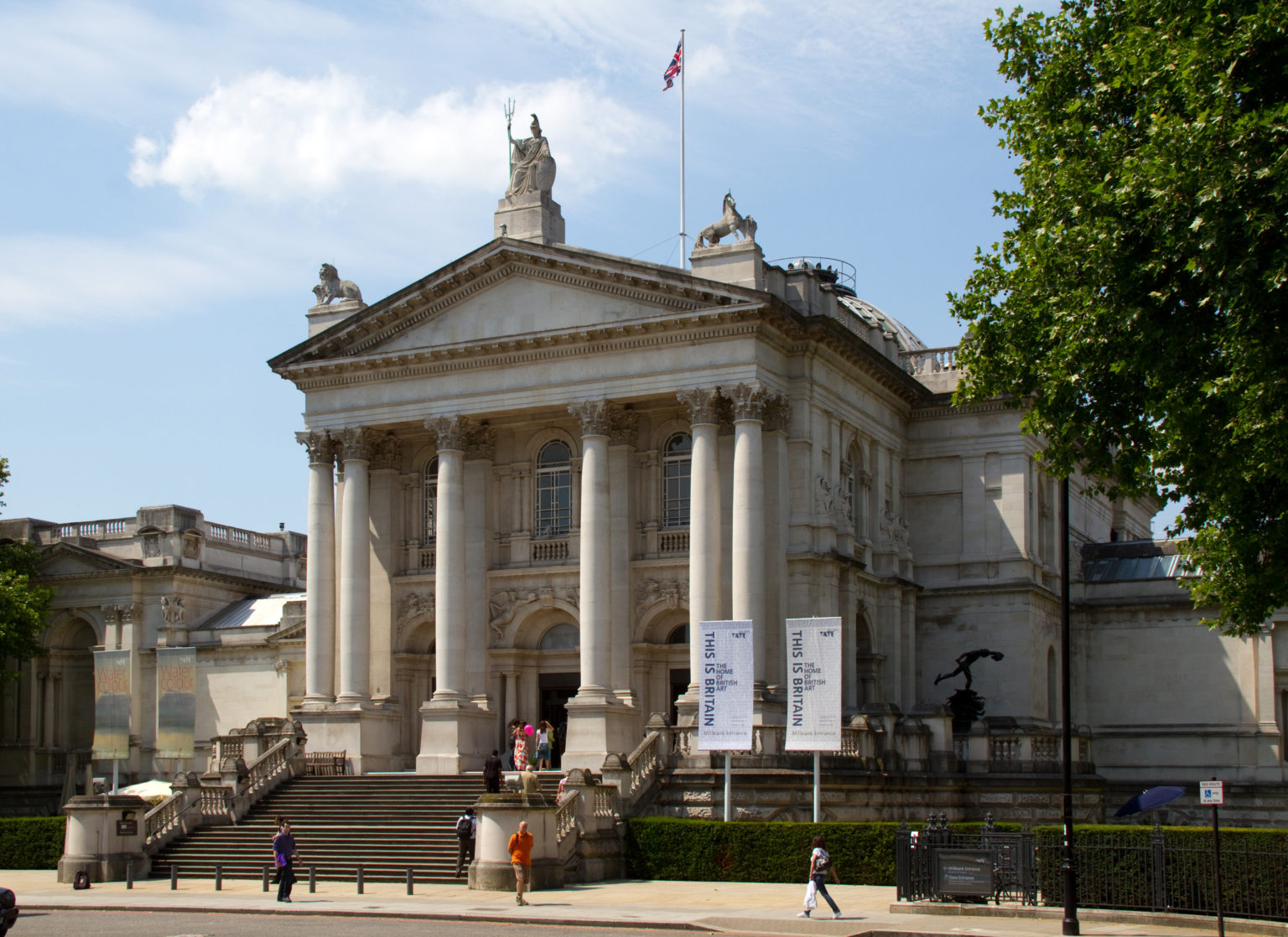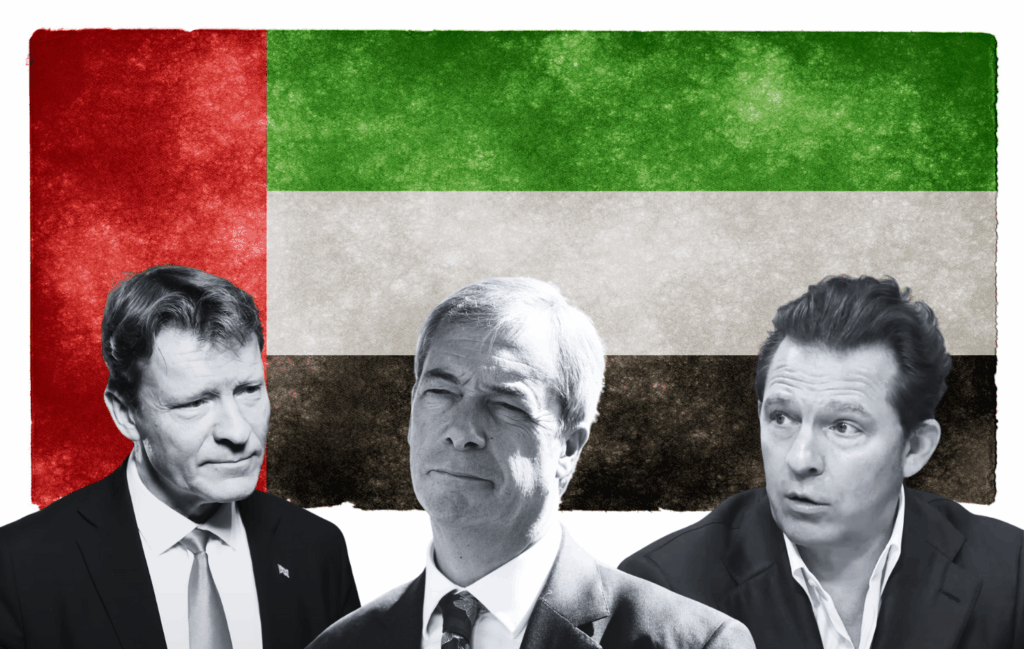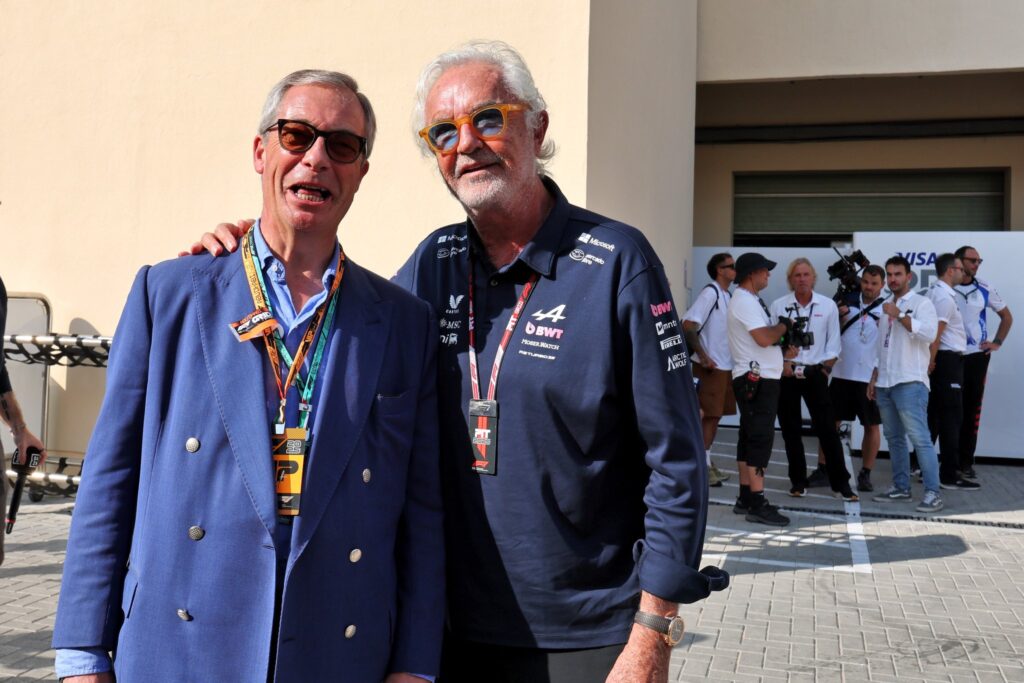During the Tate’s Annual General Meeting on Friday evening multiple members of the Tate Gallery openly challenged the art institutions committed secrecy surrounding its partnership with oil giant BP during the run up to an Information Tribunal Judgement that may force the Tate to expose its dealings.
The sponsorship was initially exposed by art activist group Platform with documents detailing the partnership between Tate and BP provided by Freedom of Information requests made by Request Initiative.
Tate member Lena Cohen this said at the event: “Tate refuses to disclose exactly how much BP gives, as well as how exactly the decision was taken to accept this sponsorship.
No justification
“Tate’s Head of Legal Richard Aydon argued in court that “protests might intensify” if information was to be revealed. This is like saying, “this information will make people so angry that they will get dangerous.”
“That’s no justification for secrecy. We as members contribute to Tate ten times more than BP.”
Member Tony Williams also challenged the committee by quoting archbishop Desmond Tutu: “Just as we argued in the 1980s that those who conducted business with apartheid South Africa were aiding and abetting an immoral system, we can say that nobody should profit from the rising temperatures, seas and human suffering caused by the burning of fossil fuels.”
Channel 4 news reader and Tate Member, Jon Snow, and the Members’ Council were also presented with ‘The Oil Ship‘, a printed artwork by Conrad Atkinson. The piece is defined by its creator “as a reminder of art’s role in creating the future we need – a future without oil.”
The Information Tribunal Judgement is expected to be announced in the next two months as part of an ongoing campaign that has lasted three years and has repeatedly been opposed by both Tate and BP.
Photo: Magnus Manske via Creative Commons
Subscribe to our newsletter
Stay up to date with DeSmog news and alerts






